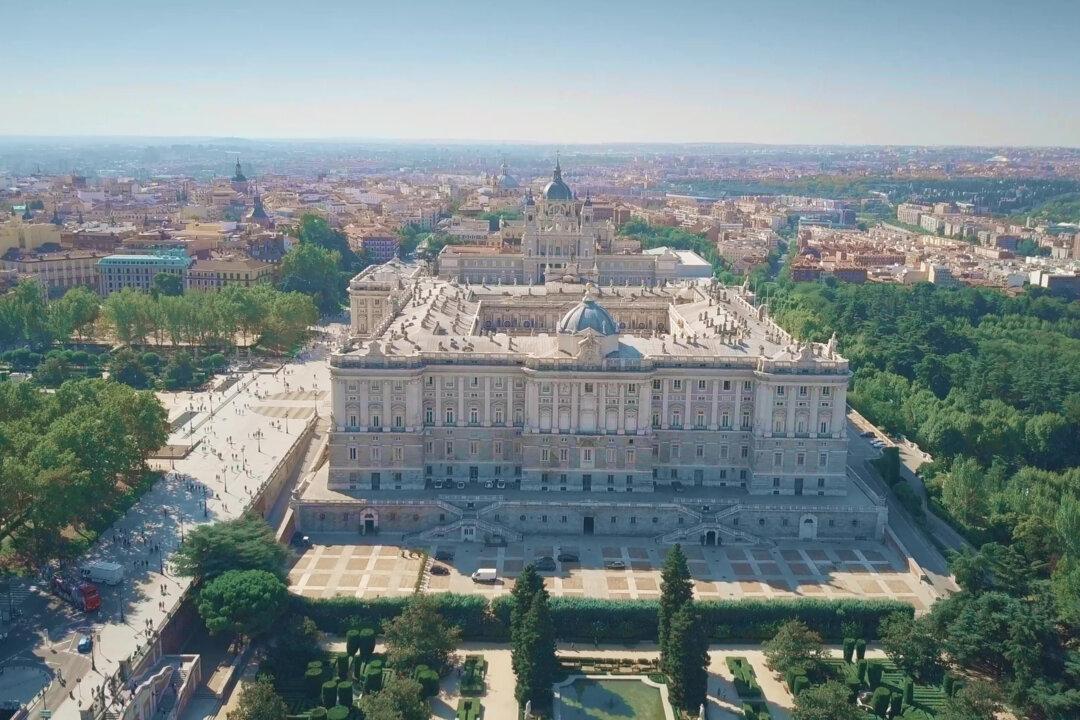When opera first emerged around the late 16th century, composers and librettists took a special interest in the Orpheus and Eurydice myth. It became the subject of the very first opera, “L’Orfeo,” by Claudio Monteverdi. Since then, composers such as Jacopo Peri and Christoph Willibald Gluck created operas around the mythological figure of Orpheus, an embodiment of music itself, and thus a perfect vehicle for this new art form—sung drama.
Franz Joseph Haydn’s (1732–1809) take on the Orpheus myth was his last opera: “The Soul of the Philosopher, or Orpheus and Eurydice” (“L’anima del Filosofo, ossia Orfeo ed Euridice”), a dramatic opera in four acts (an “opera seria,” a serious opera), with an Italian libretto by Carlo Francesco Badini.






